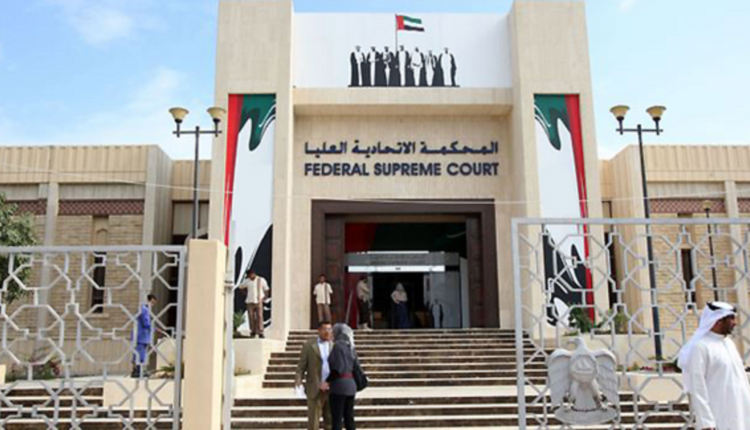According to human rights activists, the UAE’s situation resembles the North Korean’s, where the danger of Abu Dhabi exceeds all limits. The UAE practices the policies of the police state where no one dares to criticize or ask a question. Whoever does that subjects to arrest, enforced disappearances and confessions under torture.
In order to establish the system of oppression and tyranny imposed by the ruling regime in the UAE, the judicial and legal system in the State is intended to serve only the State Security Service and its criminal practices against the citizens and the expatriate of the State.
International human rights organizations have documented a number of serious implications for the UAE’s judicial system, such that the accused in the state has the right to a lawyer during the trial and not during his detention.
The UAE judicial system is lenient in placing the accused under investigation in solitary confinement for weeks and subjected to physical and psychological torture without legal assistance.
In the case of the foreigners, the accused are obliged to sign confessions in Arabic, without consideration if they do not already know the language.
The UAE officials claim that the legal documents are in Arabic and when these documents are presented to someone who does not know Arabic, there is an interpreter who explains the contents of the documents literally.
However, international human rights organizations assert that these rights are not always respected and that the quality of translation services varies from one interpreter to another, at a time when the UAE judicial system is based on recognition regardless of evidence.
Although recognition is the master of evidence, signing confessions in Arabic only without taking into account the rights and knowledge of the accused is arbitrary and denies that the confession is the basis of conviction, especially in cases of State security.
Human Rights Watch has documented many cases of confessions brought under duress in the UAE without the presence of the defendant’s lawyer, preventing defendants from legal aid and visiting their families.
A few weeks ago, the Federal Supreme Court upheld a political verdict on the imprisonment of human rights activist Ahmed Mansoor for ten years and a fine of one million dirhams, a ruling issued in May 2018.
This ruling showed that the State Security Service decided to pursue its options carefully in the abuse of the UAE judiciary and to present it as one of its tools to suppress the practicing freedom of opinion and expression by the people of the State.
Ahmed Mansour is still struggling for freedom, equal citizenship, and state-sponsored reforms. He was arrested in March 2017. He has been in solitary confinement ever since, rarely allowed to visit, and was not allowed to contact his family.
He was charged with using social media to “harm national unity, social peace and the reputation of the state” after a day of solidarity with the detainee Osama Najjar, who remains in prison despite the end of his sentence.
The Supreme Federal Court has never annulled a political ruling issued by the State Security Court if it supports the decisions of the court under the control of the state security apparatus.
But Mansur wanted to emphasize to Emiratis, international human rights organizations and lawyers that this court is sham and subject to the state security apparatus, like the State Security Court.
The support for Mansur’s appeal is the end of the amendment to the law in 2016, which legislated the right to litigate in two degrees after the State Security Service of the Federal Supreme Court adjudicated the cases in a final judgment that cannot be challenged in any way.
This support responds to Emirates’ international commitments, boasting two levels of litigation in cases related to state security, and reiterates repeatedly that the behavior of the security apparatus is “aggressive” towards the state’s human rights commitments and is merely propaganda to improve bad reputation.
Before the session, Amnesty International said the world was looking at the trial of Ahmed Mansour. The message apparently reached the world that the simplest criticism was facing imprisonment and that the UAE courts were under state security control. Which is reflected immediately on the image of the international state, the agency said, “Reuters:” UAE commercial and tourism center of the system of the absolute rule does not tolerate public criticism.
And the use of the Federal Supreme Court to support political prison sentences against activists is a disgrace to the UAE judiciary. The UAE’s history cannot forgive this historical sin for its future study as the worst period of judicial use in repressing citizens.
“Ahmed Mansur’s continued imprisonment is further evidence of the UAE’s disrespect for the rule of law,” said Sarah Leah Whitson, the Middle East and North Africa director of Human Rights Watch. While claiming to be a progressive, tolerant and respectful state, the UAE is concerned that, over the past few years, it has become an unsafe place for academics, journalists, activists and critics alike.”



